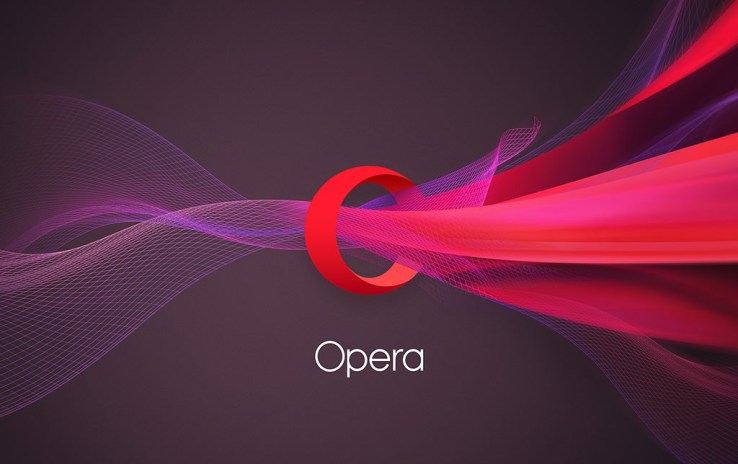Some more developments over at Opera, the
browser company based out of Norway. The
company announced that an offer to acquire the
company for $1.2 billion has now been terminated,
and in the meantime, the deal has been
renegotiated: the same group will now pay $600
million to acquire only certain parts of Opera’s business.
Opera will sell the Qihoo 360-led consortium its
mobile and desktop browser operations, its
performance and privacy apps, its tech licensing
not including Opera TV; and Opera’s 29 percent
stake in Chinese JV nHorizon.
Opera’s remaining business that is not part of the
sale will include Opera Mediaworks, Opera Apps &
Games (including Bemobi) and Opera TV, along
with about 560 employees. As of Q1, Opera had
1,669 employees in its full operation.
The Opera name and trademark will go the deal
and the remaining company has some 18 months
to find a new name, a company spokesperson told
me. The new deal has already been approved by
Opera’s board.
The news today caps off a difficult time at Opera.
The company — which competes against the likes
of Google and others in browsers, advertising, and
related services — has been looking for an exit for
years (at one point, Facebook was among those
rumored to be interested but that never came to
anything), but in the end, the deal that was struck
last February did not manage to get regulatory
approvals (although shareholders supported it).
“We all tried very hard to close the public offer and
are naturally disappointed that we were
unsuccessful. However, we believe that the new deal
is very good for Opera employees and Opera
shareholders,” said Opera’s CEO, Lars Boilesen.
(Boilesen had been outspoken about the original
deal being struck by shareholders without much
buy-in from Opera’s staff. Some believed the
original deal undervalued Opera).
“The Consumer part has good fit with objectives
and strategy of Consortium, and will become part
of ecosystem with substantial investment capacity.
For Opera shareholders we are selling
approximately ¼ of the company for $600m, which
is an attractive price for this part of our business.”
Boilesen will serve as CEO for both Opera and the
Consumer Business until December 31, 2016.
“After this date, Lars will no longer hold the role as
CEO for the Consumer Business, and will be solely
dedicated to Opera,” the company said in
its statement.
Although Opera’s most public face is its mobile
browser business (augmented more recently by its
performance and privacy apps), on a financial level,
this deal appears more lucrative for the Norwegian
company and its investors.
The parts of the business that Opera is keeping
represented more than two-thirds of the company’s
revenues in 2015, with sales of $467 million and
adjusted Ebitda of $74 million ( full company
revenues for that year were $616 million and
adjusted Ebitda of $108 million).
“Opera estimates that in 2016, the same three
remaining business units will deliver revenues of
$570-605 million (+22% to +30%) and an adj.
EBITDA of $75-90 million (+2% to +22%),” the
company said today.
That part of the business is due to be reorganized
in the wake of this deal, Opera said. One big
question I have is how the advertising business will
be structured. While services like Opera’s browsers
may not have generated much revenue, they were
also the basis of a lot of advertising inventory for
the Mediaworks division. Update: “The
reorganisation is linked to the business being sold,
and has nothing to do with Mediaworks. A very
minor part of Mediaworks revenues was linked to
the Opera browser business,” a spokesperson tells
me.
The original, $1.2 billion deal had a deadline of
July 15 to close, but it didn’t make the cut after
failing to get enough shareholder support. This new
deal now has a “drop-dead date” of October 31,
2016, with an automatic extension to December 31
if the two sides fail to get everything completed.
The fact that the deal has a more flexible deadline
date is a sign of how Opera is more willing to
negotiate and look for a solution than the first time
around.
There are also break fees if this one doesn’t go
through: specifically $100 million from Golden Brick
Capital (the name of the consortium that is backed
by Kunlun Tech Limited, Future Holding L.P.,
Keeneyes Future Holding Inc, Qifei
International Development Co. Limited and Golden
Brick Capital Private Equity Fund I L.P.Beijing
Kunlun Tech Co. Ltd., Qihoo 360 Software (Beijing)
Co. Ltd., and Golden Brick Silk Road Fund
Management (Shenzhen) LLP) if they fail to close
the deal, but only $40 million if the holdup is
related to regulatory issues.
The new transaction is expected to close during
the second half of 3Q 2016, Opera said.





0 comments:
Post a Comment